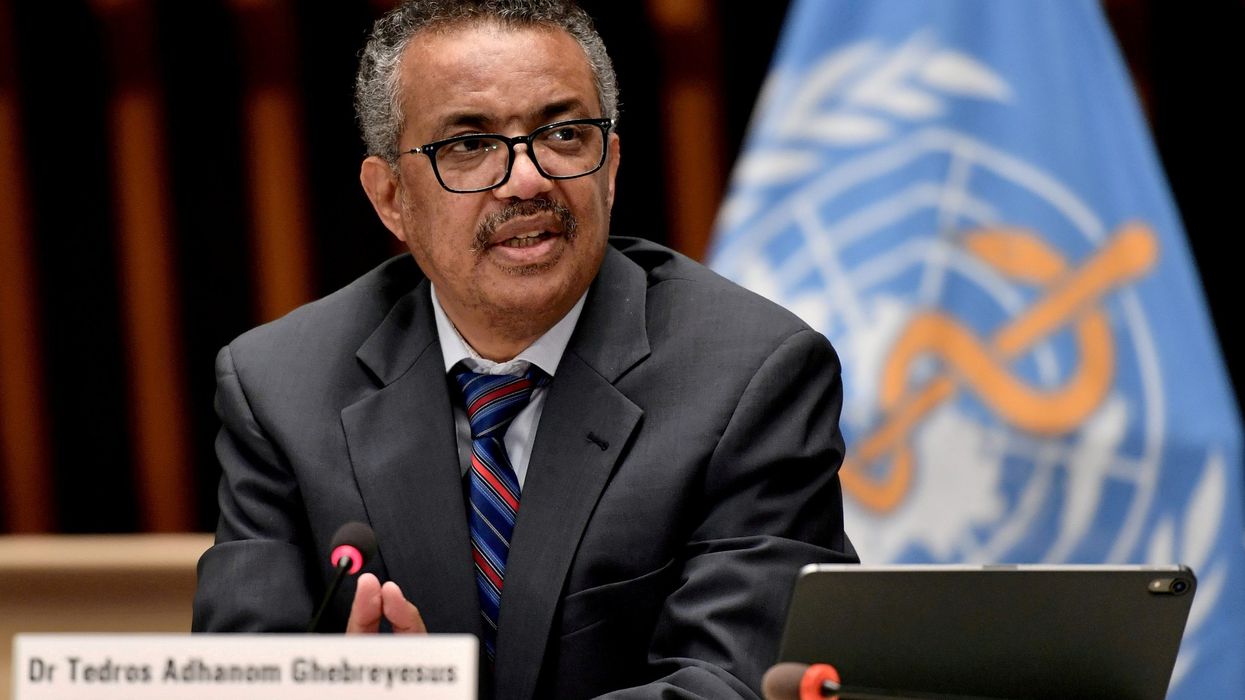World Health Organisation (WHO) on Wednesday (4) raised an objection to countries considering Covid booster shots, calling for a halt on the third jabs of Covid vaccine until at least the end of September.
“I understand the concern of all governments to protect their people from the Delta variant. But we cannot accept countries that have already used most of the global supply of vaccines using even more of it,” WHO chief Tedros Adhanom Ghebreyesus said at a media briefing on Wednesday (4).
The call for a moratorium is the strongest statement yet from the UN agency at a time when countries, including England, are considering offering Covid-19 booster shots.
G-20 nations had an important leadership role to play as those countries were the “biggest producers, the biggest consumers and the biggest donors of COVID-19 vaccines”, he added.
The news comes amid reports that England is set to offer Covid vaccine booster dose to more than 32 million Britons from early Sept 6 to ensure that the rollout is completed by early December.
Ministers are planning to deliver an average of almost 2.5m booster doses a week to adults aged 50 and over through more than 2,000 pharmacies that reportedly will be at the forefront of the booster vaccine programme, reports said.
The US, meanwhile, has rejected the UN health agency’s call for a delay saying it was a “false choice” and that it was possible to do both.
Declaring that the US had donated more than 110 million doses of vaccines around the world, White House press secretary Jen Psaki said that the US has enough supply to ensure, if the FDA decides that boosters are recommended for a portion of the population, to provide those as well.
Israel has already kicked off the Covid-19 booster shots drive last week while Germany reportedly will start next month.
The WHO has repeatedly called for rich countries to do more to help improve access to vaccines in the developing world, given the gap in global vaccine distribution.
A little more than 1.8 per cent of people in Africa are fully vaccinated, compared with nearly 50 per cent in both the EU and the US, according to Our World in Data.




